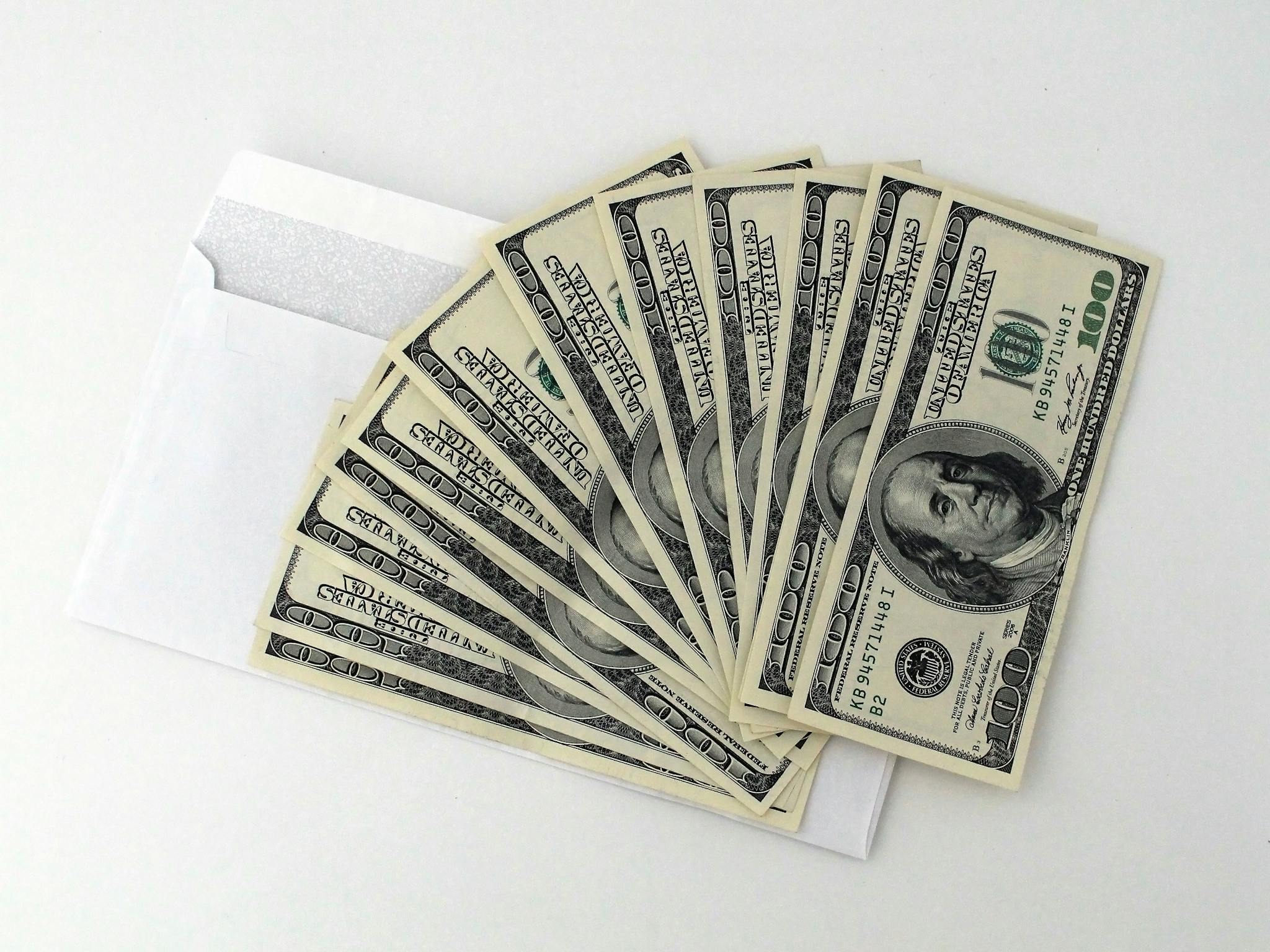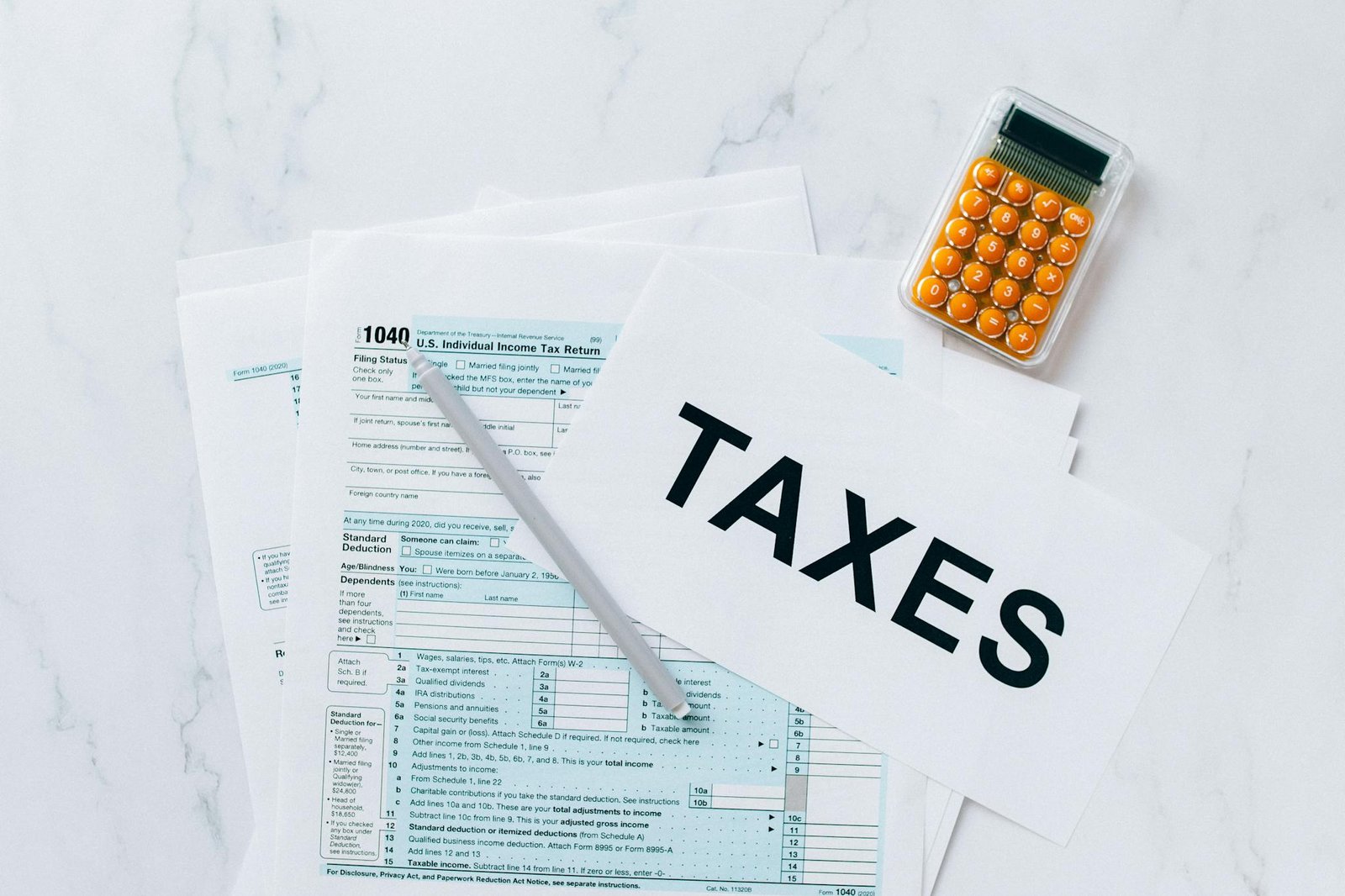7 Things You Should Know If You Deposit More Than $10K Into Your Checking Account
You should know a few things if you plan to deposit more than $10k into your checking account.
By law, banks are required to report deposits exceeding a certain amount, and depositing a large sum of money can trigger a series of events you may not be aware of.
This article will cover seven things you should know if you deposit more than $10,000 into your checking account.
1. Banks are Required to Report Deposits Over $10,000 to IRS

First, it’s important to understand that banks must report deposits over $10,000 to the IRS.
This is due to the Bank Secrecy Act, passed in 1970 to combat money laundering and other financial crimes.
Many banks have maximum deposit restrictions, which means you may not be able to deposit more than a certain amount at one time.
This is especially true if you’re depositing cash, as banks have policies in place to limit the amount of cash they can accept.
It’s important to check with your bank ahead of time to see if any restrictions or fees are associated with large deposits.
2. The bank is Required to File a Currency Transaction Report (CTR)

When you deposit more than $10,000 into your checking account, the bank must file a Currency Transaction Report (CTR) with the Financial Crimes Enforcement Network (FinCEN).
The CTR includes your name, address, social security number, and the amount and nature of the transaction.
The bank will also ask you to provide additional information about the source of the funds.
For example, if you are a small business owner, the bank will ask for information about your business and its source of income.
3. Breaking Up Your Deposit is Illegal

Breaking up your deposit into smaller amounts to avoid the reporting requirement is illegal.
The bank will file a Suspicious Activity Report (SAR) if it suspects that you are trying to avoid the reporting requirement. This will trigger an investigation by law enforcement agencies.
Attempting to avoid the reporting requirements by “structuring” deposits into smaller amounts has serious legal implications.
4. Structuring Can Lead to Criminal Charges
Structuring is defined as “breaking up a currency transaction into smaller transactions to avoid reporting requirements.” This can result in fines, penalties, and even criminal charges.
In addition to the legal consequences, structuring will raise red flags with the bank and the IRS, potentially leading to further investigation and scrutiny.
It is best to avoid any attempts to structure deposits and to comply with all reporting requirements.
Reporting large deposits is a legal requirement that should be taken seriously.
5. You Will Be Asked for Full Verification and Documentation

Banks have a responsibility to verify the identity of their customers and ensure that the funds being deposited are legitimate.
When you make a large deposit, the bank may ask you to provide additional documentation, such as a driver’s license or passport, to verify your identity.
The bank may also ask you to provide documentation to support the source of the funds, such as a pay stub or a letter from your employer.
Once the bank has verified your identity and the legitimacy of the funds, they will credit your account with the deposit amount.
6. The Bank Will Hold and Delay the Money From Being Withdrawn or Sometimes

When you deposit a large sum of money, your bank may place a hold on the funds. This is a common practice to prevent fraud and ensure the funds are legitimate.
Depending on the bank and deposit amount, the hold could last several days or even a week.
You cannot access the funds during this time, and any checks or payments you have scheduled may not be clear.
Be aware of any holds or delays, especially if you need the funds for a specific purpose.
It’s a good idea to contact your bank beforehand and ask about their policies for large deposits.
Don’t hesitate to ask for clarification if you are unsure about any of the bank’s policies or procedures.
7. Tax Implications

You may have some tax implications if you deposit over $10,000 into your checking account.
Here are some things you should know:
IRS Notifications
By law, banks are required to report deposits that exceed a certain amount to the IRS.
If you deposit more than $10,000 in cash, the bank will file a Currency Transaction Report (CTR) with the IRS’s Financial Crimes Enforcement Network (FinCEN).
The CTR includes your name, address, social security number, and other personal information, as well as the amount and nature of the transaction.
Audit Triggers
The IRS uses automated systems to detect suspicious activity, such as depositing large sums of money and may flag your account for review.
If you are audited, you will need to provide documentation to prove the source of the funds.
It is important to keep accurate records of all your financial transactions, including deposits and withdrawals from your checking account, to avoid any issues.
Tips for Making Large Deposits
Before depositing more than $10,000 into your checking account, consider a few things.
Here are some tips to help you make large deposits with ease:
Communicating with Your Bank
It is important to communicate with your bank before making a large deposit.
This will help ensure that the transaction goes smoothly and that there are no unexpected issues. To speak with a representative, you can call your bank or visit a branch.
During the conversation, you should inform the bank of the amount you plan to deposit and the source of the funds.
This will help the bank prepare for the transaction and may prevent unnecessary delays or complications.
Maintaining Proper Documentation
This includes keeping records of the deposit slip, receipts, and other relevant documents.
If the deposit is from a business, you should keep records of the company’s financial statements and tax returns.
This will help verify the source of the funds and may prevent any potential issues with the bank or the IRS.
Conclusion
In conclusion, depositing more than $10,000 into your checking account can trigger financial implications and legal obligations.
By understanding the seven key factors outlined in this article, you can confidently navigate this process and ensure compliance with relevant regulations.
Whether depositing a large sum for personal or business reasons, staying informed about reporting requirements, potential fees, and security measures will help safeguard your financial well-being.
Also See: 21 Proven Ways To Save Money On Food When Eating Out







